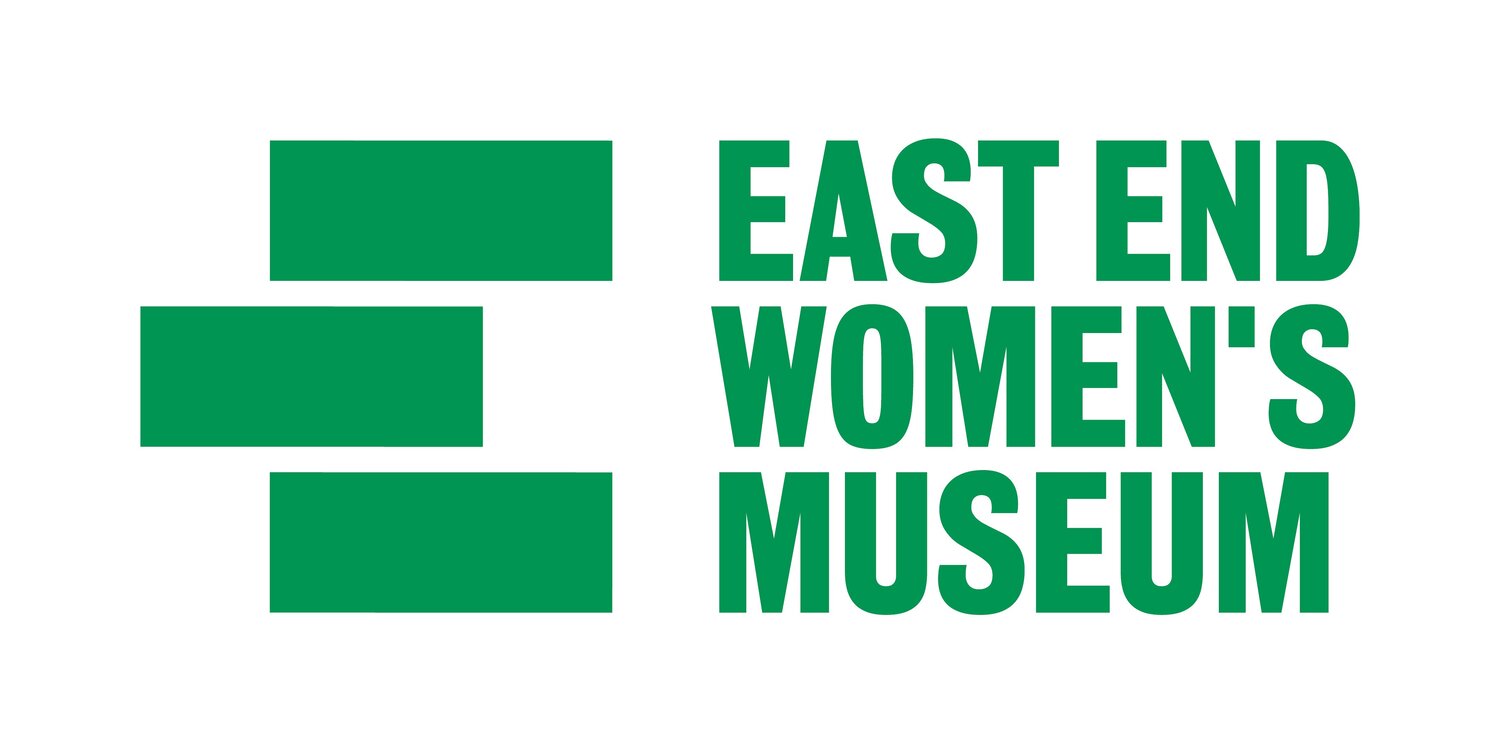Cable Street Mural
Today is the 80th anniversary of the 'Battle of Cable Street', one of the East End's proudest moments.
The Battle of Cable Street
On 4 October 1936, Oswald Mosley's fascist Blackshirts attempted to march from Tower Hill, through Aldgate and Shadwell, a predominantly Jewish neighbourhood at that time.
When they arrived at Gardiner's Corner, a huge crowd (estimates vary from 20,000 to 200,000) gathered to block their path, roaring “They Shall Not Pass!” After 6,000 police failed to clear the area, the march was diverted via Cable Street.
However, three sets of barricades, including an overturned lorry, had already been set up there. Broken glass and marbles had been strewn across the street, and thousands of local people massed behind each barricade, chanting anti-fascist slogans and fighting back fiercely against the police.
Eventually the Police Commissioner instructed Mosley to march his troops west and out of the area, in a humiliating defeat. Thousands of the anti-fascist protestors gathered in Victoria Park to celebrate their victory.
Milk bottles and other weapons
Local communist activist Phil Piratin recalled:
“It was along Cable Street that from the roofs and the upper floors, people, ordinary housewives, and elderly women too, were throwing down milk bottles and other weapons and all kinds of refuse that they didn’t any longer want in the house onto the police.”
Although the image of housewives throwing rubbish down at the police and the fascists has become an important part of Cable Street mythology, women were also in the street, fighting alongside the men.
Joyce Goodman (née Rosenthal) said: "the police... were just hitting everyone. There were women going down under the horses hooves.”
Out of the 79 anti-fascist protestors arrested on the day, 8 were women.
Sarah Wesker
Mick Mindel was a union leader who was there on the day, and in an interview years later he commented:
“women leaders like Sarah Wesker set an example and at the time of the Cable Street battle she was a real inspiration to all of us.”
Sarah Wesker has been all but forgotten now, but in the 1920s she gained a high profile in London as a formidable union organiser, leading famous strikes at the Goodman's, Poliakoff's, Simpson and Rego textile factories. In 1932 she was elected to the Communist Party’s Central Committee at the 12th Congress.
Fluent in Yiddish and English, she had a reputation as a fiery speaker, “as if the energy of five men was balled up inside that miniature frame of hers” (she was less than five feet tall).
'I am not afraid of you'
Jack Shaw, another Cable Street battler interviewed in later life makes a compelling reference to a young woman he saw in the police charge room after they had both been arrested.
“While he was there, he saw a huge policeman drag in a young woman, rip off her blouse and hold his truncheon as if to strike her in the face.
She stared straight at him and, with defiance in her voice, said: "I am not afraid of you". As the room went quiet, the policeman called her a Jewish bitch and put her in a cell.
Jack says she typified the courage and spirit of the women in the anti-fascist struggle.”
Love on a lamp post
Charlie Goodman was just 16 when he was arrested and savagely beaten by the police after climbing a lamp post and shouting to the crowd: "Don't be yellow bellies, forward, we are winning!"
Later he married a woman who was also there on the day. Joyce Rosenthal was only 12 in 1936 but was nonetheless in the front line - they met four years later and she asked him if “he was the nutcase up the lamp post. When he said he was, she knew he was just her type.”
The spirit of Cable Street today
The best way to keep the spirit of Cable Street alive is to keep fighting fascism, racism, and intolerance wherever we find it. Next time the EDL come to East London, join the counter protest and show them that our community is prepared to stand against them, then as now.
To mark the 80th anniversary in 2018 a whole host of events took place. Here were two we were part of:
Saturday 8 October - Women's voices
Author Kate Thompson interviews women veterans of the Battle of Cable Street Come along and listen to Mari Butwell, Marie Joseph, Millie Finger, Beattie Orwell, and Sally Flood.
Idea Store Watney Market, 2.30pm-4.30pm
Sunday 9 October - March and rally
The march will assemble at Altab Ali Park at 12 noon and proceed to the Cable Street Mural for a rally in St George Gardens on Cable Street.
There will be speeches from national and local organisations including Cable Street veteran Max Levitas, Jeremy Corbyn MP, Rushanara Ali MP, Frances O'Grady General Secretary TUC, music from marching bands along the route, and stalls at the rally. Here's the main Facebook event.
Join the women's history bloc and march with our museum banner! Meet us beside the Whitechapel Bell Foundry, 32-34 Whitechapel Rd, London E1 1DY at 11.45 am and we'll walk down to the park together.
East End Women's Museum Banner (work in progress)
For more information about the Battle of Cable Street and the women who fought there take a look at the In Her Footsteps project, East End Walks, and this great article by Nadia Valman.
There is original newsreel footage of the Battle of Cable Street here.







